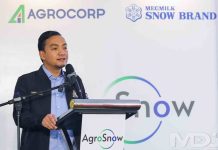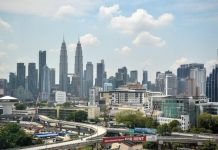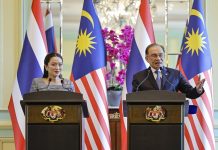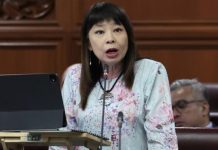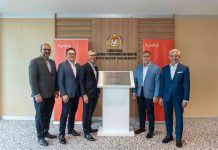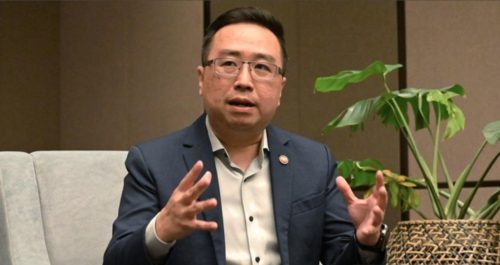
The Ministry of Science, Technology and Innovation (MOSTI) and Cradle Fund Sdn Bhd unveiled a digital platform known as Startup ASEAN, to position the ASEAN member states as leading players in the global startup landscape.
Its minister Chang Lih Kang said Startup ASEAN will promote and facilitate Science, Technology and Innovation (STI) within the ASEAN startup ecosystem and serve as a gateway to the vibrant sector.
“Startup ASEAN is not just a digital platform but a testament to our shared commitment for fostering innovation, strengthening collaboration and building a robust ecosystem for technological growth,” he said, adding that in a few subsequent phases of Startup ASEAN will involve collaboration with all member countries to spark the startup ecosystem.
According to MOSTI, the initiative focuses on fostering startup-friendly policies, enhancing ecosystem readiness across the ASEAN member states and driving impactful collaborations to create meaningful partnerships and synergies within the region.
The first initiative under the ASEAN Technology Startup Ignite is a platform curated by a taskforce from all ten ASEAN member states – Brunei Darussalam, Cambodia, Indonesia, Laos, Malaysia, Myanmar, the Philippines, Singapore, Thailand and Vietnam.
Ahead of its official launch in the second quarter of 2025, Startup ASEAN is inviting startups and ecosystem partners from all ASEAN countries to join the platform through the website www.startup-asean.org so that more startups can participate in the initiative.
At the same time, Economy Minister Rafizi Ramli highlighted Malaysia’s efforts to strengthening trade and collaboration with other countries next year, guided by three fundamental tenets of how Malaysia deals with the world, including the breakout development priority, good neighbour principle and ‘beyond-trade thinking’.
Rafizi also emphasised that ‘the old foreign direct investment (FDI) model in Southeast Asia must change from one focused on tax incentives and low-cost hiring to one about technology transfer and indigenous innovation to create breakthroughs’.
“With the exception of Singapore, the most advanced Southeast Asian countries are stuck in the middle-income trap – too expensive to complete on low-cost manufacturing but not innovative enough to compete on technology. We are pressed from the bottom (cost) and the top (technology),” he said.
The minister added that next year, his ministry will emphasise a technology collaboration model with other countries that focuses on intellectual property, research and development, as well as ownership to leapfrog and break out of the middle-income trap, which will be done following the implementation of the 13th Malaysia Plan (13MP) next year.
He explained that the ‘good neighbour’ policy is not a feel-good moral principle, but rather an economically strategic principle.
“The Johor-Singapore Economic Zone that’s scheduled to be signed in January 2025, proves that we could maintain healthy competition and cooperate in complementary areas because we believe good neighbours could grow the pie bigger,” he continued.
Meanwhile, on the ‘beyond-trade thinking’ principle, Rafizi noted that Malaysia became the first Southeast Asian country to establish diplomatic relations with China and both countries are now celebrating their 50th anniversary of diplomatic relations.




